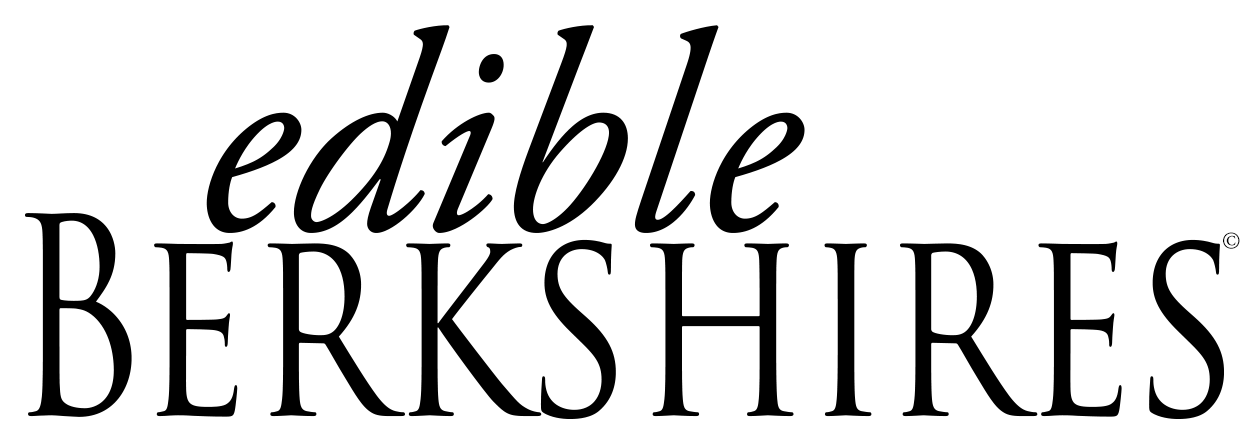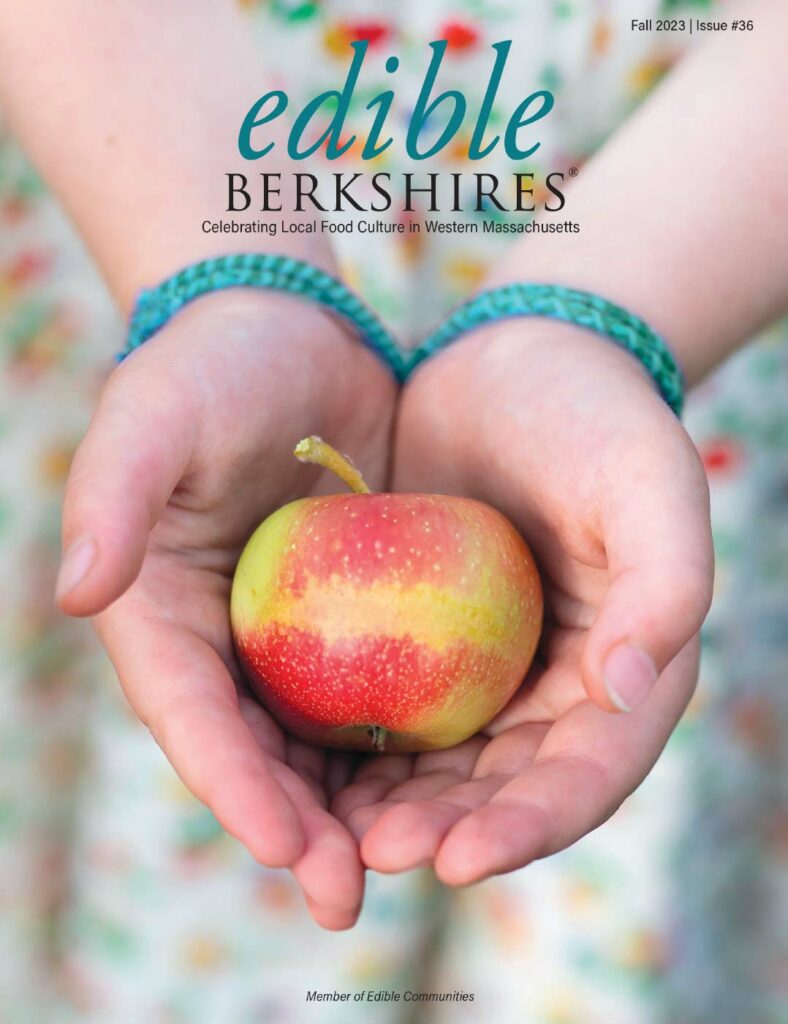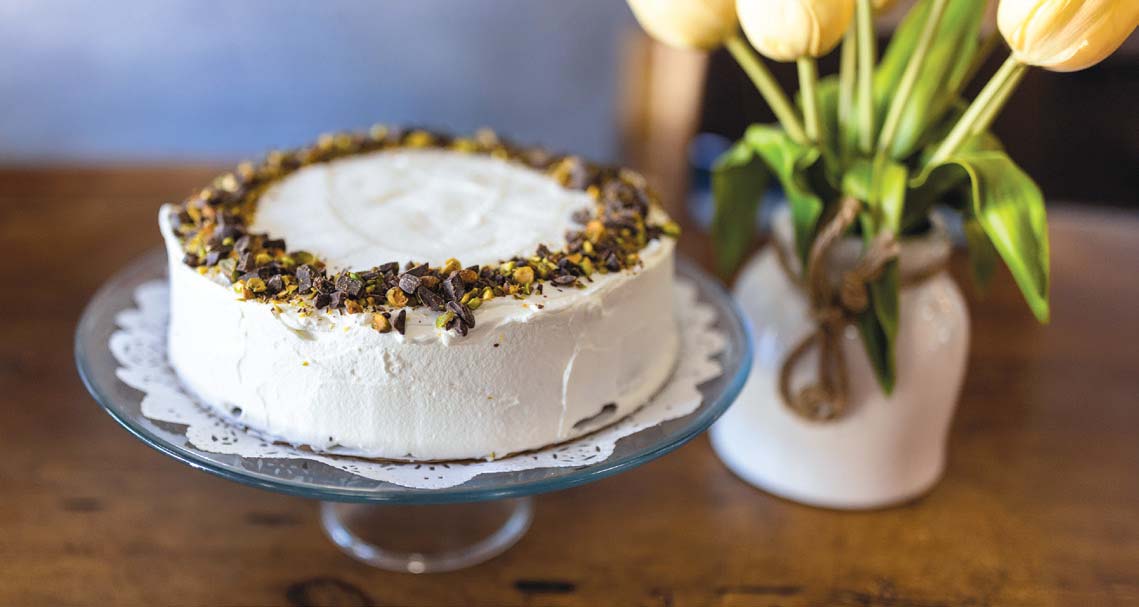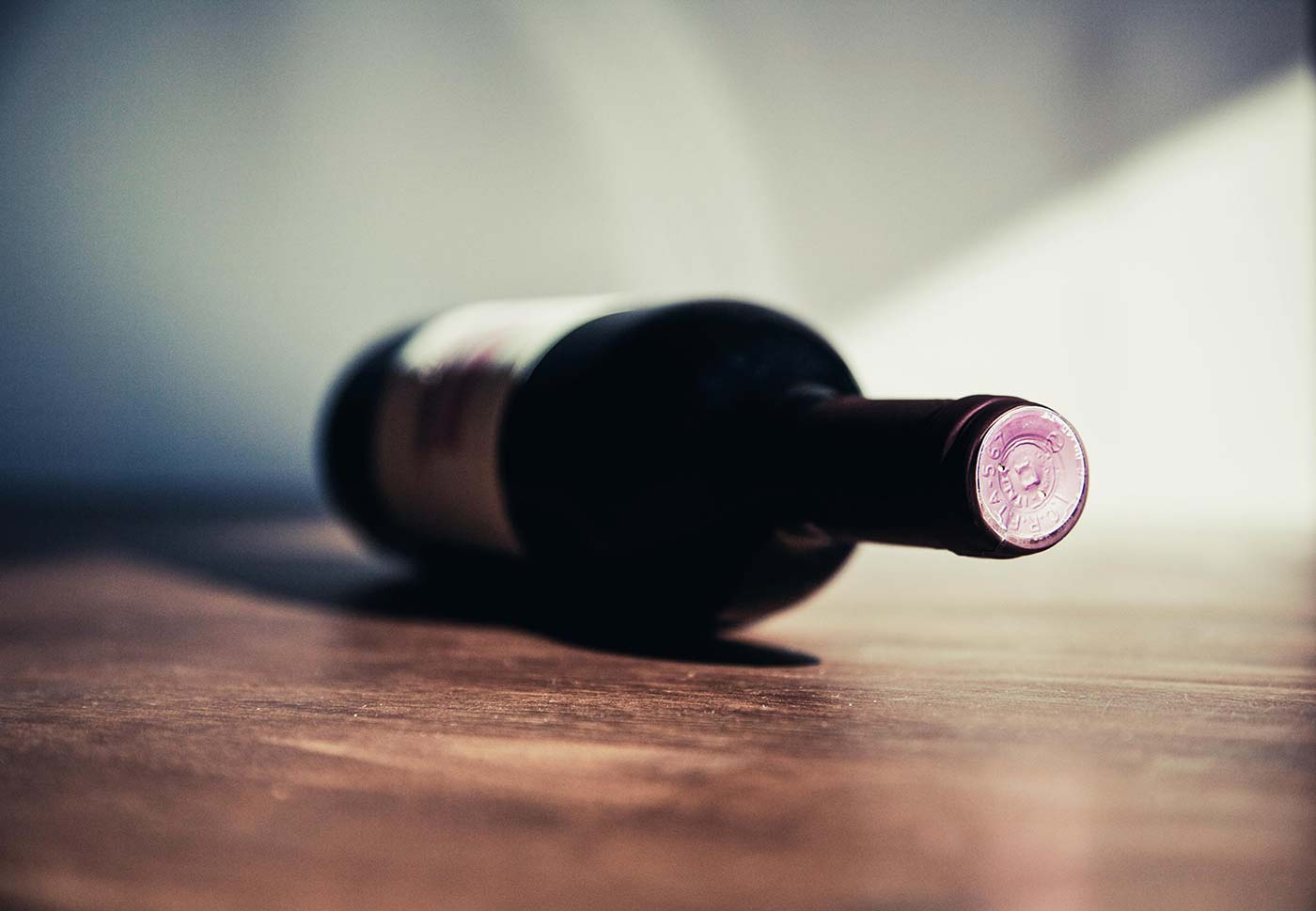Food has always been, and will continue to be, a way of bringing people together—connecting us with our future as well as with our past.
If your grandma cooked then maybe your mom cooked too, and if she did then it’s likely that you learned to cook as well. If you grew up in a family where the adults or adult held jobs outside the home, there is a good chance there was not much cooking going on. Stay-at-home moms in the 1950s generally did the meal planning and cooking for the family.
Learning the basic techniques of cooking, boiling, roasting, broiling, frying and stewing was all that was needed to turn raw fresh products into a well-rounded meal, as it was called back then.
Then there were the temptations of frozen already-prepared food. In 1954 Swanson launched its game-changing “TV Dinner,” serving up more than 10 million at 98 cents apiece. In the same year, the Stouffer family built their first plant in Cleveland, Ohio, to produce frozen restaurant-style food, ready to heat and serve to busy American families.
In the early 1960s, as the baby boom generation reached its teens, women started working outside the home in larger numbers.
Food companies, with the help of the real-life “Mad Men,” persuaded American families to let them do the cooking. With two paychecks coming in, taking the family out to dinner became more affordable. Cooking was no longer mandatory, and for many I guess that was a blessing.
To save the nation from slipping into a culinary wasteland, to the rescue appeared Julia Child, with her cookbook, Mastering the Art of French Cooking, published 1961, and TV show “The French Chef,” which premiered in 1963. Both sparked an interest in better-tasting food, prepared at home with step-by-step instructions that one might even enjoy following.
These days we live in an enlightened era of growing awareness that mass-produced factory-farm food is not best for us or the animals or the Earth. Feeding ourselves this way is not sustainable, for all the same reasons that so much of what is being done to our environment is also not sustainable.
We all need to eat, and most of us really enjoy good food. Maybe we can affect the injustice in the food supply, first in our immediate community and then who knows how far it might spread. In this century cooking has become a rock star profession. Your 15 minutes of fame, as Andy Warhol predicted for us all, could occur in your home.
If you don’t know how to cook, learn. Ask for a recipe from a friend or family member who knows how to cook, and make it yourself. If you’re not confident, invite them to visit with you while you make it.
You need the knowledge that cooking and preparing food will bring you to effect the changes that are already under way and the ones that will follow. We offer recipes in every issue of Edible Berkshires. They are tested so anyone can make them. Have a delicious summer, and let us know how you’re doing.
Watch our posts on Facebook, as we try to let you know what’s going on between issues.
Bruce






